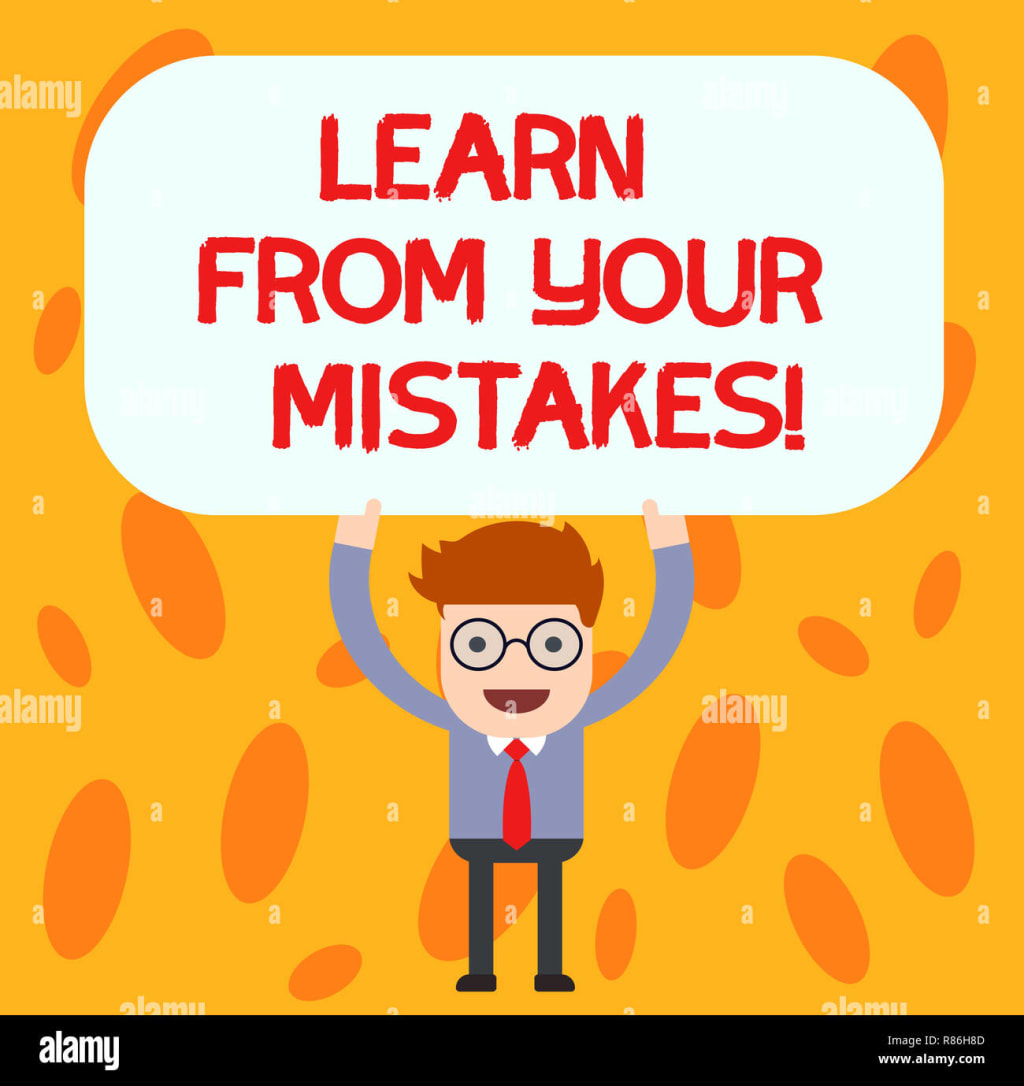How to overcome your mistakes
Informed decision making

Over 400 people were recruited for a 2019 study in order to learn a strange, made-up language. People were questioned concerning three rune pairs; for instance, which of these two characters is an animal? Following a short intermission, students were asked the same rune pairs with questions reversed, i.e., which of these two runes denotes a non-living object? There was a secret to this game, though: the meanings of the runes in round two were predetermined by the subjects' responses in round one.
In the initial round, competitors were either required to fail every question, or all of their responses were marked as accurate regardless of the circumstances. This implied that each player had the same amount of information during the break, and that in round two, they were competing for real.
Even still, the people who had performed well in the first round continued to rise to the top, while the people who had been deemed failures continued to, well, fail. People frequently characterize failure as a teaching opportunity—a necessary detour on the path to progress.
Learning from our mistakes, however, is not always simple, particularly when those mistakes are disheartening, overwhelming, or just plain unclear.
What precisely stops us from mastering from our blunders, then?
The fact that failure may be extremely unpleasant is arguably the biggest obstacle to learning from it. Failure challenges people's perceptions of their own abilities and competence, which is something that most people strive to maintain.
After taking part in a replication of the rune study, respondents in the failure group reported significantly lower levels of self-confidence on a survey.
It's easy to write this agony off as a passing phase. However, recent research has shown that people's brains frequently stop absorbing new information when they feel hopeless or inadequate. This implies that your capacity to learn may be compromised if there is a significant enough threat to your sense of self-worth.
Your ability to accept failure, nevertheless, is also influenced by how you feel about the work at hand. Researchers polled a sample of US students engaged in beginning and advanced French classes in a 2011 study. These pupils responded to a survey by indicating whether they preferred a teacher who focused on their accomplishments and strengths or one who called attention to their errors and addressed their deficiencies.
Overall, the data indicated that whereas less experienced students were looking for praise, more experienced students were more interested in receiving constructive criticism. A few hypotheses have been proposed by researchers to account explain these findings.
Beginners may need praise to keep motivated because they are still figuring out whether learning French is enjoyable and whether they want to pursue it further. However, since advanced students have already made an investment, they might desire to develop as quickly as feasible.
Since failure is a necessary part of the process of becoming an expert, advanced pupils might have developed a greater tolerance for error. Nevertheless, learning from your accomplishments is typically far easier than learning from your mistakes, regardless of your level of experience.
Consider receiving your exam grade back, for instance. If you aced the test, you may fairly presume that you made wise selections about what, when, and how much to study. You can then repeat similar judgments for the test that's coming up. If you didn't succeed, there could be a variety of reasons why.
It's possible that you studied incorrect material, didn't study long enough, or that you completed everything correctly but the test contained material that wasn't required of you. It's challenging to figure out how to do better in situations like this because it's unclear exactly what went wrong.
It's only natural to want to grow from our mistakes, and developing resilience and a growth mindset have many benefits. However, it's easy to forget all of your accomplishments when you focus only on your mistakes. Enhancing your existing practices can yield more results than dwelling on past mistakes.
About the Creator
Francis Akal
I am a graduate with a degree in BSC Statistics with Computing. I am well conversant with research and data management, as well as content creation.





Comments
There are no comments for this story
Be the first to respond and start the conversation.